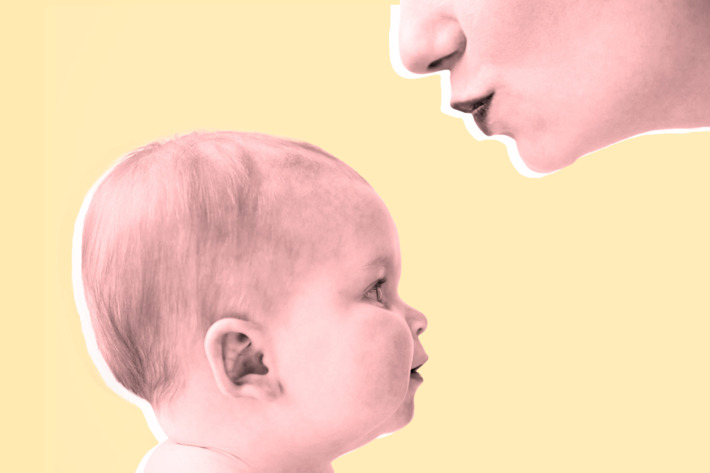 You’ve heard of the “new car smell”? There is also a new baby smell, especially around the head area. Many friends and family members have talked about how they love to smell newborn babies. The experience is so universal that it makes you wonder, could there be a reason for it?
You’ve heard of the “new car smell”? There is also a new baby smell, especially around the head area. Many friends and family members have talked about how they love to smell newborn babies. The experience is so universal that it makes you wonder, could there be a reason for it?
Yes, there could. The logic goes something like this —
Babies are high maintenance. Everything has to be done for them. For most of human history, this has been quite a burden for the caregivers around them. So there needs to be some compensation, ways to bond the baby with its parents, to encourage them to provide the love and attention a helpless being needs. Smell could be one such compensation.
Johannes Frasnelli, an anatomy professor at the University of Quebec, co-authored a 2013 study in the journal Frontiers in Psychology that examined how women responded to the scent of newborn body odor. Thirty women, including 15 who had just given birth and 15 who had never had children, were enlisted to smell the scent of an unfamiliar newborn who was less than two days old. The results confirmed that newborn baby smell is mesmerizing. Brain scans showed that “body odors from two-day-old newborns elicit activation in reward-related cerebral areas in women.” Interestingly, the brains of women from both categories reacted to the baby smell in the same positive way.
Although sight and touch are critical in helping mother and baby bond, smell is a major part of the process, too. Frasnelli explains that smell is the sense whose work is the least visible: “We are much less aware of [odors],” but smell has close ties to memory, learning, and emotion. “Everybody can tell an anecdote how a particular odor triggered memories and/or emotions, and, as in the baby odor study, reward.”
So where does that baby smell come from? (If we only knew, think of the money to be made by replicating that smell on bachelors.) There are a few theories: Perhaps it comes from their sweat glands, or maybe it’s the lingering scent of vernix caseosa, the substance that covers babies when they’re born.
Also, smell bonding goes both ways. As Frasnelli and his colleagues noted in their study, every inhale contains a host of complex, invisible olfactory signals for our brains to decipher. Past research has shown that babies can smell the difference between their mother’s milk and milk from other women. Mothers, meanwhile, find the scent of their own child’s poop more enjoyable than that of other babies. (No, really!)
So the next time you’re with a newborn baby, you can enjoy the smell knowing it’s perfectly normal.
The information and photo for this piece came from “Why Newborn Babies Smell So Delicious” by Sarah Cottrell (https://www.thecut.com/2017/08/why-newborn-babies-heads-smell-so-good.html ).
